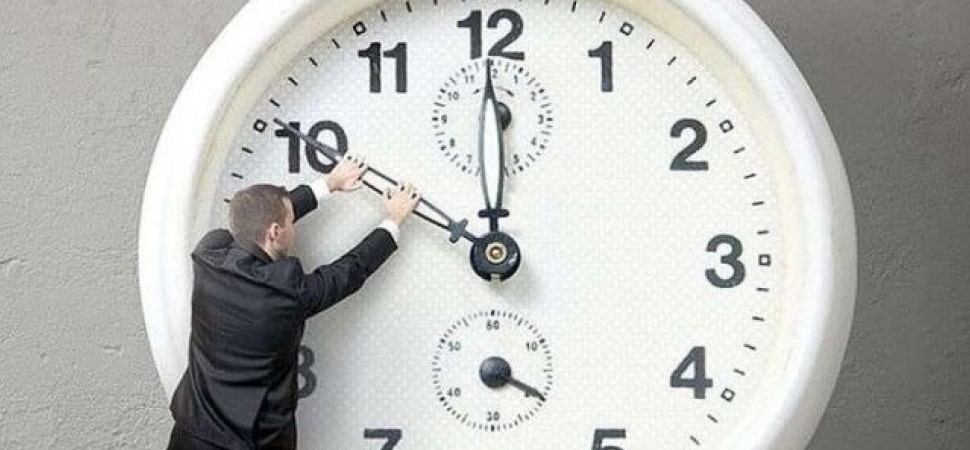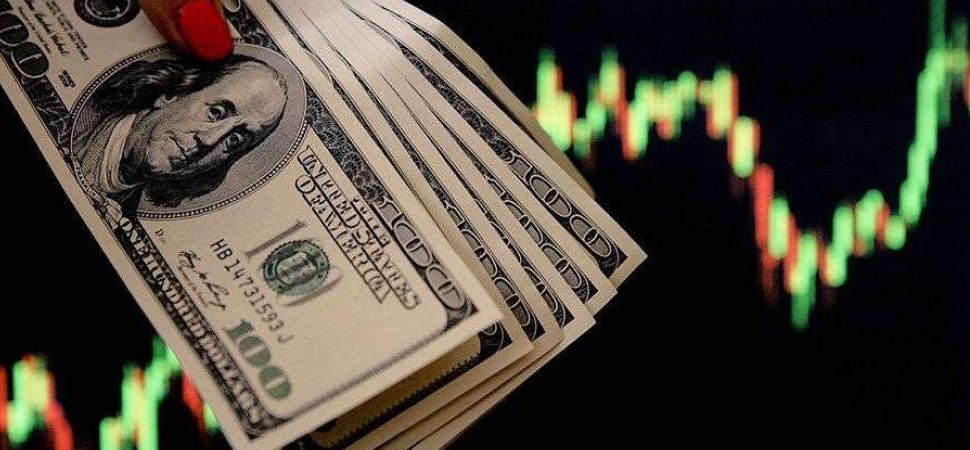15.08
Share ArticleHow the world economy will develop after the crisis
Restarting the global economy risks going without a key ingredient - the consumer
An uneven reset of the global economy, with manufacturing and the countries that depend on it recovering fairly quickly, while the service sector and the countries whose economies rely on it lag behind. This will put pressure on governments and central banks to continue their support as the economy pushes its way back into the deepest global recession since the Great Depression.
Policymakers such as the Bank of Japan, the Federal Reserve and the European Central Bank are meeting with investors this week looking for any further steps they might take to help their battered economies.
Some countries are recovering a little bit faster because there's a little bit more manufacturing, a little bit more technology. That might be South Korea or Taiwan. And there are other economies that are extremely dependent on tourism. Something like Thailand, Singapore.
Some companies will see immediate but short-lived growth, while demand for home services will weaken. This will be the case with barbershops and hair salons, for example. And there's always the chance that frenzied consumers around the world could surprise economists by flocking back to the stores.
It's not just fear of contagion that may keep consumers away from malls. Worries about job losses and dwindling savings could also prompt them to conserve their resources and cut back on spending, economists say.
The U.S. resurgence is likely to be slower than those nations that lifted restrictions on business earlier.
Nearly a third of U.S. business people expect operations at their companies to return to normal within five to eight weeks. But, nearly as many say it will likely be three to six months before efforts to mitigate the spread of the virus diminish significantly.
By the end of the year, the U.S. will have recovered only about 40 percent of the output and employment it lost during the crisis, German economists say.
That has implications for the November elections. If consumers are held back and the economy fails to recover significantly, it will jeopardize President Donald Trump's chances of winning re-election.
China's industrial production fell about 1 percent in March from a year earlier, while retail sales fell nearly 16 percent, according to calculations by economists at Bank of America Corp.
In Germany, the auto industry fears buyers will be scarce as the country reopens for business. To spur sales after the recession, businesses are promoting a "cash for scrapping old cars" program.
Germany says it would be worth considering measures that could bolster demand at a time of severe insecurity among customers.
U.S. companies are also preparing for a long test as the world's largest economy begins to restart.
With Americans over 65, who account for 20 percent of consumer spending, demand may be limited for some time given this group's increased vulnerability to the virus, according to Torsten Slok, chief economist at Deutsche Bank Securities.
Yale University senior lecturer Stephen Roach called the idea of a V-shaped U.S. recovery a "pipe dream"


Reviews